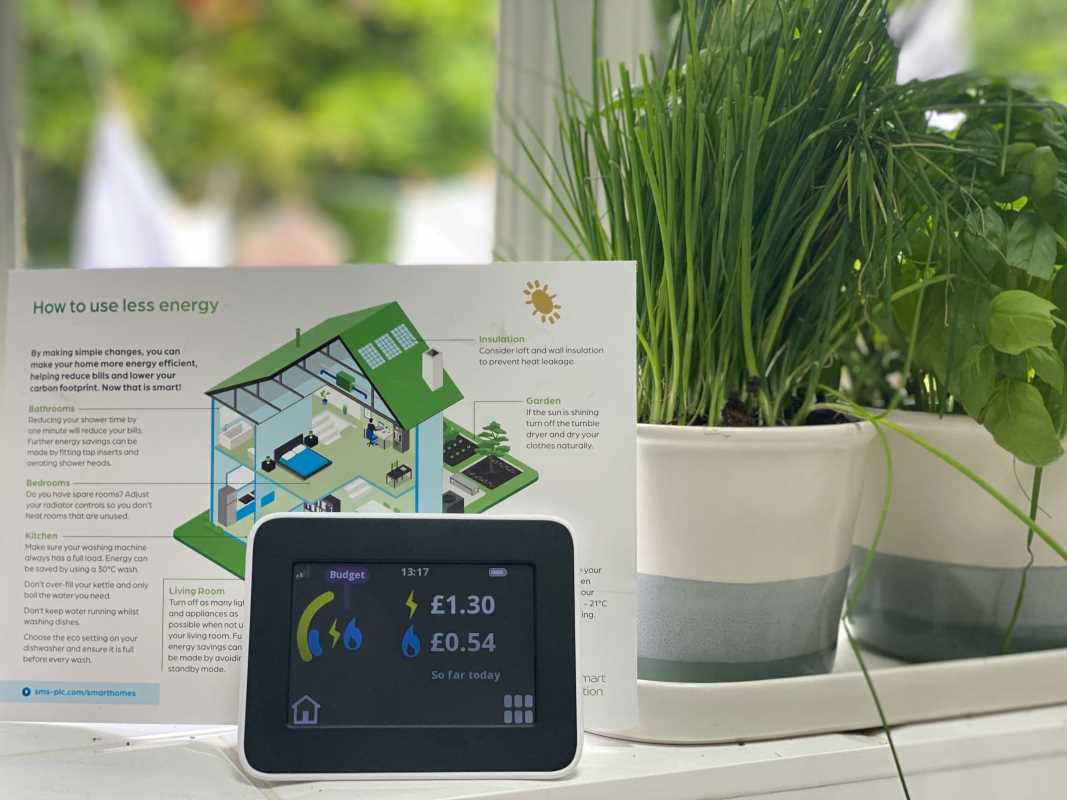Managing household bills can often feel daunting, especially with rising utility costs and the complexity of keeping track of multiple services. One of the most effective ways to streamline this process is using smart meters. These advanced energy meters allow homeowners to gain better control over their energy consumption and provide them with the tools to reduce their utility bills. Smart meters offer detailed insights into energy use, making monitoring spending easier and identifying opportunities to save. This article will explore how smart meters work, their benefits, and how they can help manage household bills more effectively.
What Are Smart Meters?
Smart meters are digital devices that record electricity, gas, or water usage in real-time and transmit the data directly to utility providers. Unlike traditional meters, which require manual readings or estimates, smart meters send accurate, up-to-date usage information automatically to energy companies. This ensures correct billing and provides consumers with a clearer picture of their energy habits.
Many smart meters come with a display screen that shows real-time energy consumption. This allows homeowners to track their energy usage throughout the day, helping them make informed decisions about managing their consumption. By accessing detailed, real-time data, consumers can identify energy peaks and adjust their behaviors to reduce waste.
How Do Smart Meters Work?
Smart meters record energy usage at regular intervals, ranging from every few seconds to every half hour. The recorded data is transmitted wirelessly to the utility provider using cellular networks, radio frequency, or Wi-Fi. This process eliminates the need for in-person meter readings, making the billing process more efficient and accurate.
Consumers can access their energy usage data through an online portal or mobile app to track their consumption in real-time. These tools allow users to monitor their usage patterns, view trends, and compare consumption over time, helping them control their energy bills.
Benefits of Smart Meters for Managing Household Bills
Smart meters offer numerous benefits that can help households better manage their utility bills. These benefits include:
A. Accurate Billing: Traditional energy meters often rely on estimated readings, which can lead to inaccurate bills. Smart meters eliminate this issue by providing accurate, real-time data, ensuring that consumers are only billed for the energy they actually use. This transparency helps avoid overcharging or undercharging and eliminates the surprise of unexpected bill spikes due to estimation errors.
B. Real-Time Consumption Monitoring: One of the key advantages of smart meters is their ability to provide real-time insights into energy consumption. This allows homeowners to track their energy use throughout the day and identify areas where they may be wasting energy. By analyzing their consumption data, individuals can make adjustments such as turning off lights when not in use or running appliances during off-peak hours, ultimately reducing their energy costs.
C. Budgeting and Cost Control: Smart meters make it easier for consumers to manage their household budgets by providing accurate, up-to-date data. Many smart meter systems offer features that allow users to set usage targets and receive alerts when they are approaching their limits. This feature helps prevent unexpected spikes in energy usage and encourages consumers to stick to their budgets.
D. Identifying Energy-Wasting Habits: Smart meters help homeowners identify where energy waste occurs. Whether it’s leaving lights on in unoccupied rooms or running inefficient appliances, smart meters can reveal energy-hogging habits that contribute to higher bills. By using the data provided by the smart meter, households can take proactive steps to reduce waste, such as upgrading to energy-efficient appliances, adjusting thermostats, or implementing smarter energy-use practices.
Reducing Household Bills with Smart Meter Data
Once you have access to your smart meter data, you can take several steps to reduce your household bills and optimize energy usage:
A. Shift Energy Use to Off-Peak Times: Many utility providers offer lower rates for energy consumption during off-peak hours. With smart meters, you can identify when these off-peak times occur and adjust your energy usage accordingly. For example, running appliances like washing machines or dishwashers during late-night hours can help lower your energy costs.
B. Invest in Energy-Efficient Appliances: Smart meters allow you to identify appliances that consume more energy than necessary. If your data shows high consumption from an outdated refrigerator or water heater, it might be time to upgrade to a more energy-efficient model. Smart meters help highlight such inefficiencies, allowing you to make informed decisions about where to invest in energy-saving solutions.
C. Optimize Heating and Cooling Systems: Heating and cooling systems often make up a large portion of a household’s energy bill. With a smart meter, you can track how much energy these systems are consuming and adjust their usage accordingly. For instance, adjusting the thermostat by a few degrees can help reduce heating or cooling costs. Additionally, integrating smart meters with smart thermostats can allow you to control and optimize your home's temperature remotely.
The Future of Smart Meters
As smart meters become more widely adopted, their potential to save money and improve energy management will continue to grow. Future advancements in artificial intelligence and machine learning could lead to even more personalized energy management, allowing smart meters to predict usage trends and offer customized savings suggestions. With more data and better insights into household energy consumption, smart meters will play an even greater role in helping consumers reduce their carbon footprint, lower their utility bills, and live more sustainably.







